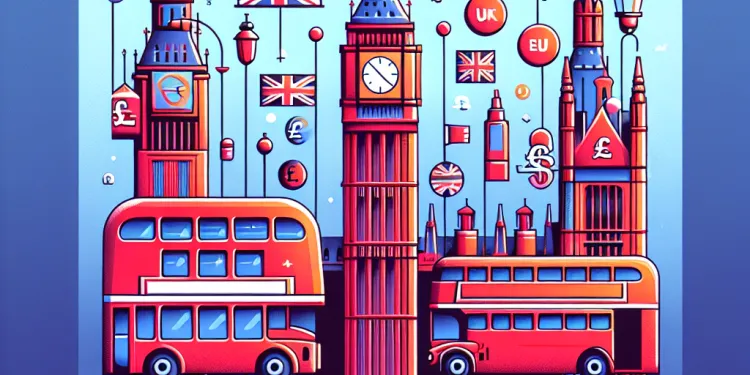
Find Help
More Items From Ergsy search
-
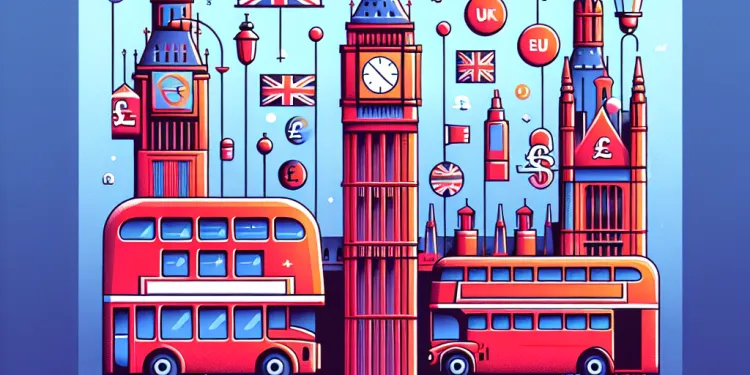
Are there any groups exempt from the proposed cuts?
Relevance: 100%
-
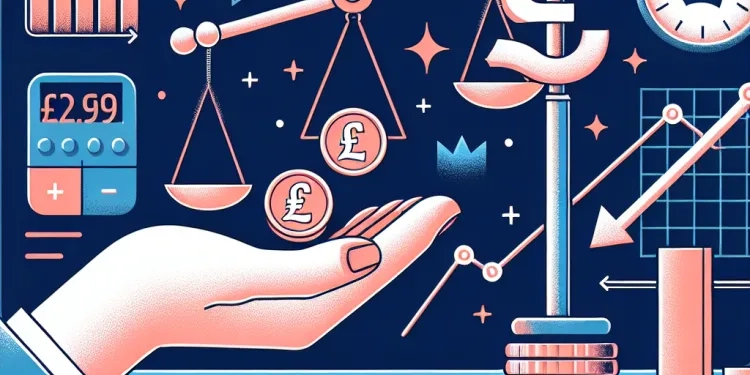
Proposed Welfare Cuts and Their Impact on Vulnerable Populations
Relevance: 61%
-
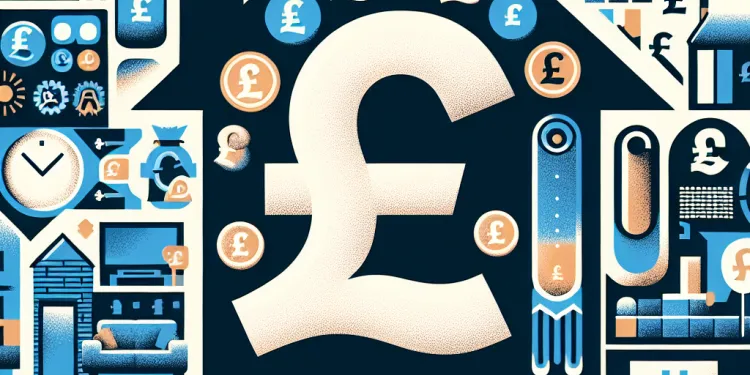
What is the main reason for the proposed cuts to housing benefits?
Relevance: 59%
-

What are the proposed Cuts to Housing Benefits Amid Rising Rents?
Relevance: 58%
-

When are the proposed cuts expected to take effect?
Relevance: 57%
-
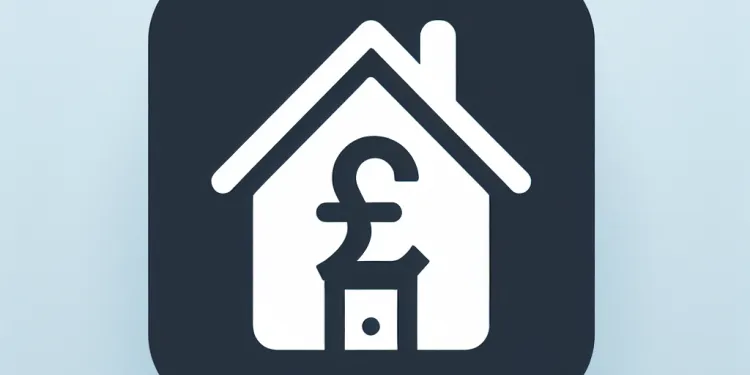
Who will be most affected by the proposed cuts to housing benefits?
Relevance: 51%
-
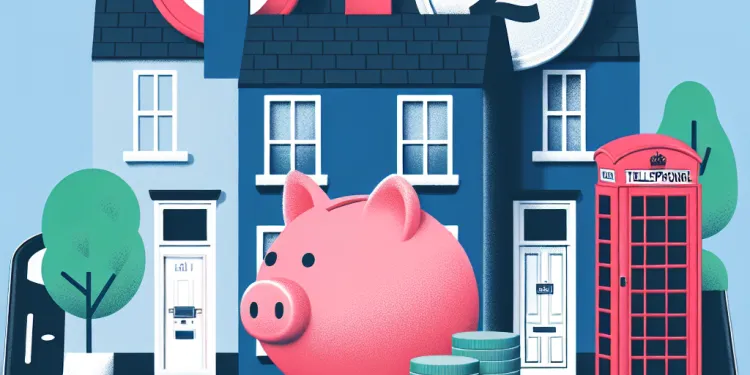
How will the proposed cuts impact tenants?
Relevance: 46%
-
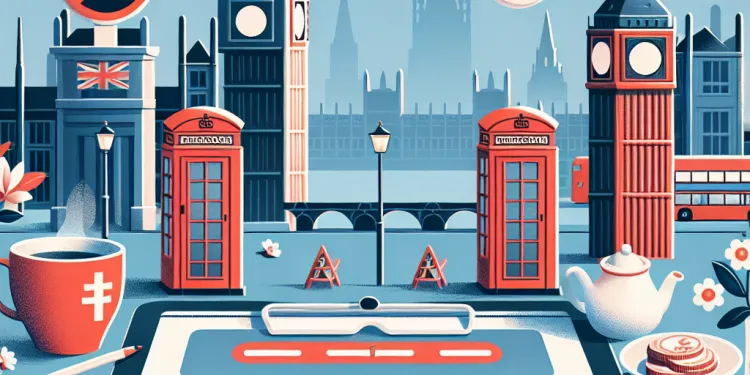
Why is there a call for public consultation regarding the cuts?
Relevance: 41%
-
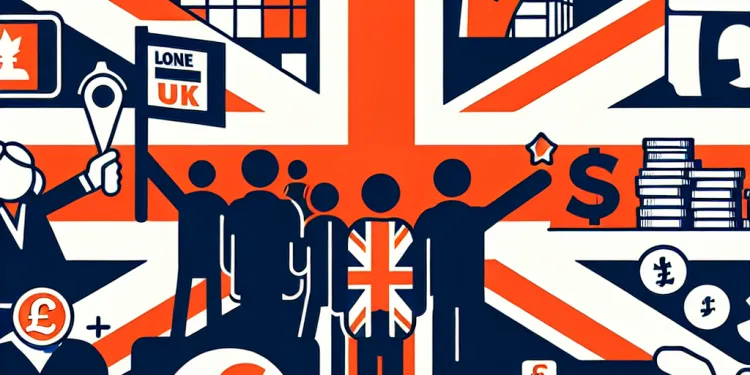
What advocacy efforts are being undertaken to resist the cuts?
Relevance: 39%
-
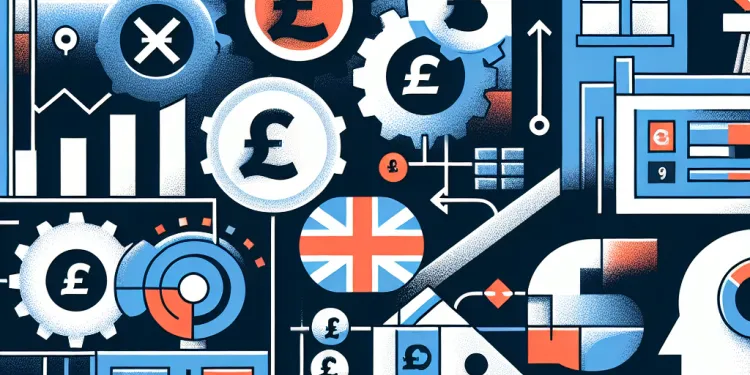
How can individuals contribute to the discussion on housing benefit cuts?
Relevance: 36%
-
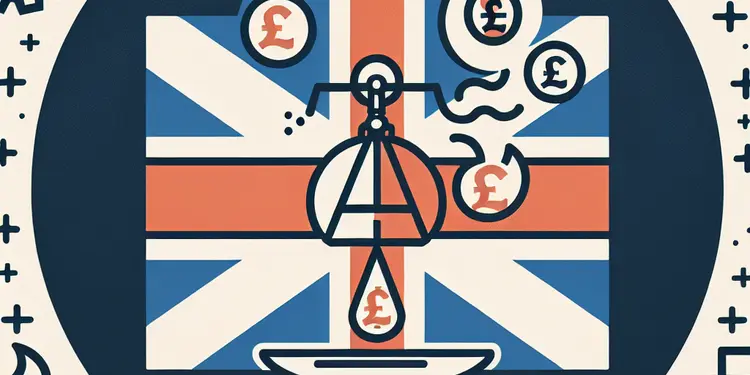
Legal Aid Cuts: Campaigners Warn of Access to Justice Crisis
Relevance: 32%
-

Is there a plan to offer additional support to offset housing benefit cuts?
Relevance: 32%
-
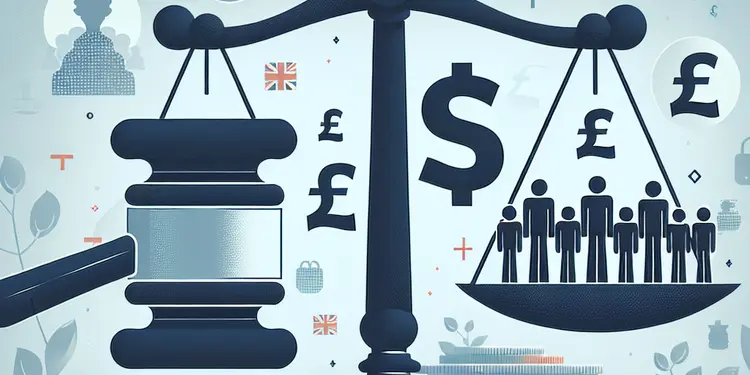
Government Faces Legal Challenge Over Proposed Immigration Bill
Relevance: 30%
-
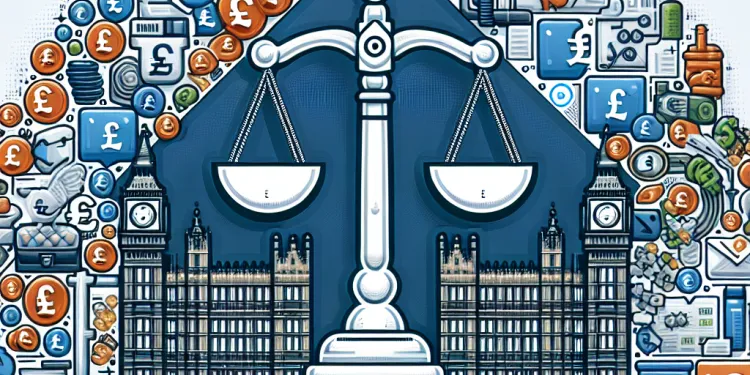
Is there any legal recourse for those affected by the housing benefit cuts?
Relevance: 30%
-
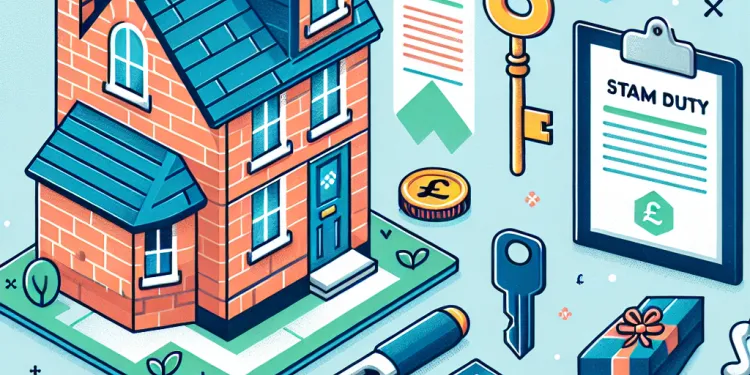
What properties are exempt from Stamp Duty?
Relevance: 29%
-

Can businesses be exempt from hosepipe bans?
Relevance: 29%
-

Which drinks are exempt from the sugar tax?
Relevance: 29%
-
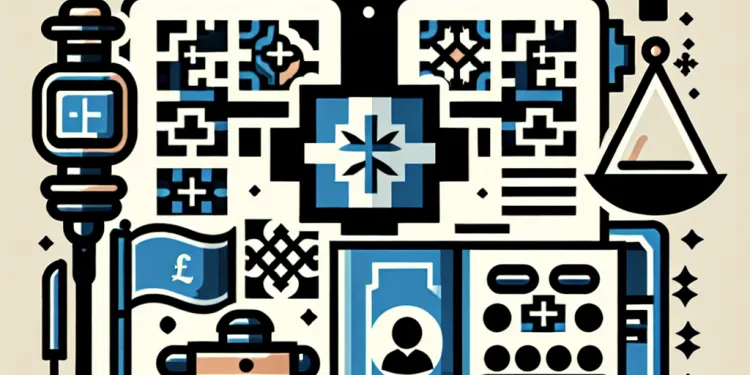
Can my religion exempt me from jury service?
Relevance: 29%
-

Why is the UK cutting funding to AIDS, Tuberculosis, and Malaria research?
Relevance: 29%
-
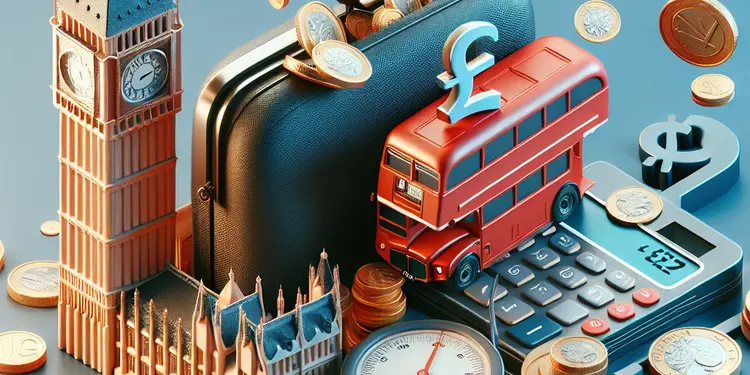
Can overpayments occur due to discounts or exemptions?
Relevance: 28%
-

Is there a Stamp Duty exemption for first-time buyers in the UK?
Relevance: 28%
-

Is there any inheritance tax exemption for spouses or civil partners?
Relevance: 28%
-
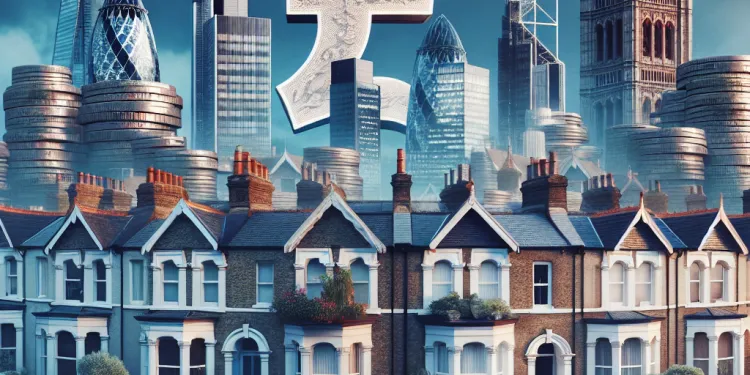
What are the potential long-term impacts of housing benefit cuts?
Relevance: 27%
-
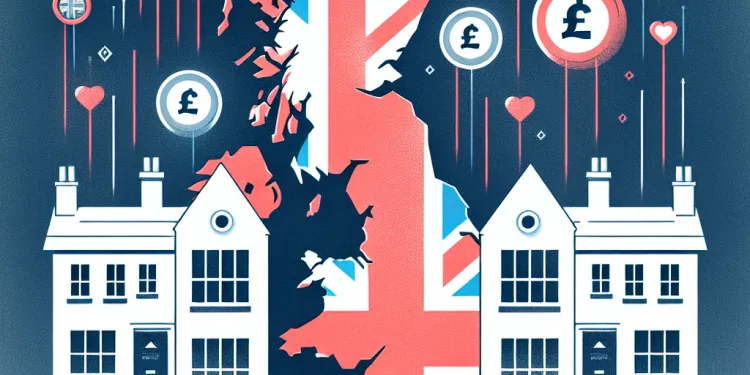
How will the cuts impact landlords?
Relevance: 27%
-

What is the reason behind proposing a social media ban for under 16s in the UK?
Relevance: 27%
-

What can tenants do if they are affected by the cuts?
Relevance: 27%
-
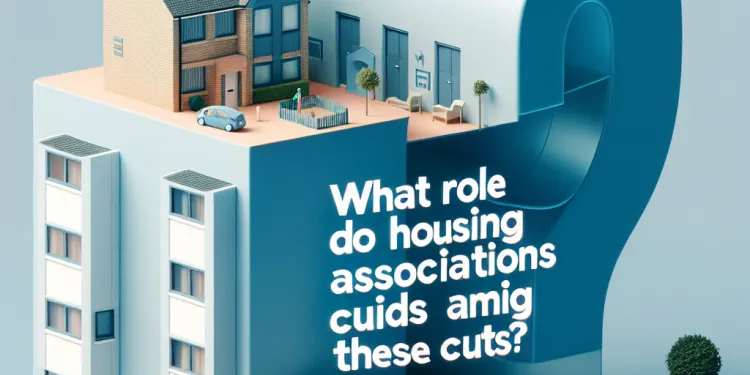
What role do housing associations have amid these cuts?
Relevance: 27%
-

Pension Proposals Spark Debate on Retirement Age and Benefits
Relevance: 27%
-

Did the US propose reforms to the WHO before deciding to leave?
Relevance: 26%
-

What is the relationship between rising rents and housing benefit cuts?
Relevance: 25%
-
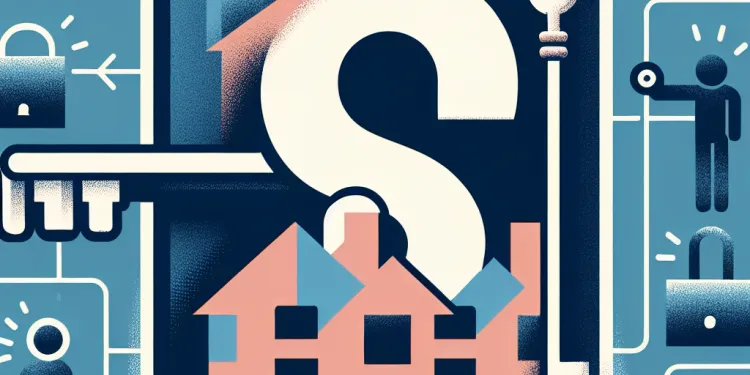
How have housing benefit recipients reacted to the proposed changes?
Relevance: 24%
-
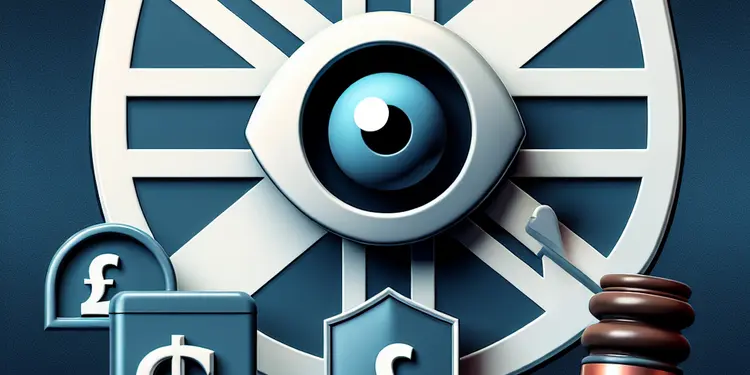
Controversy Surrounds New Surveillance Legislation as Privacy Groups Voice Concerns
Relevance: 23%
-

What are potentially exempt transfers (PETs)?
Relevance: 23%
-
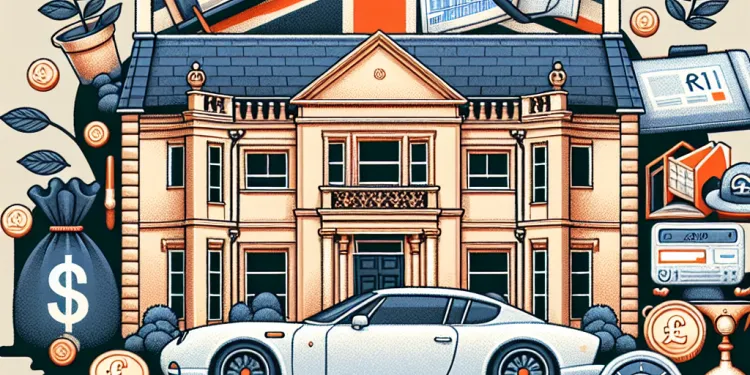
What exemptions are commonly associated with wealth taxes?
Relevance: 22%
-

Are there support groups for postnatal depression?
Relevance: 22%
-
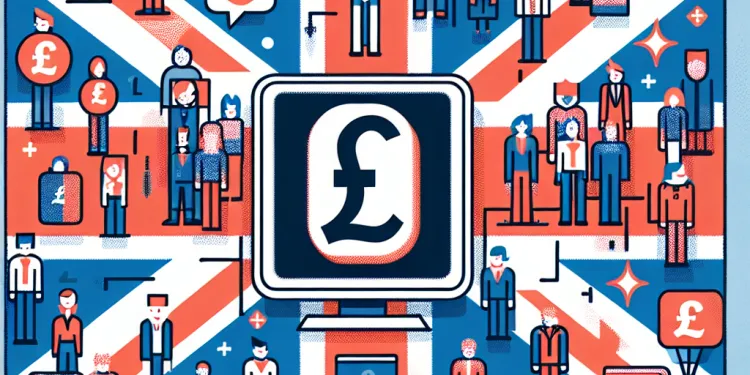
Can I learn first aid as a group?
Relevance: 21%
-
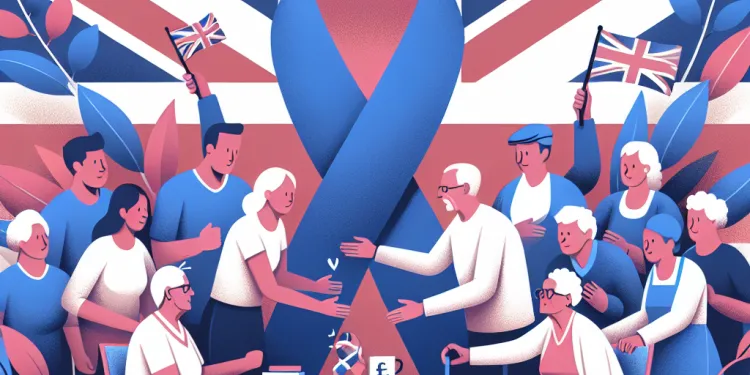
Are there any support groups for people with dementia in the UK?
Relevance: 21%
-
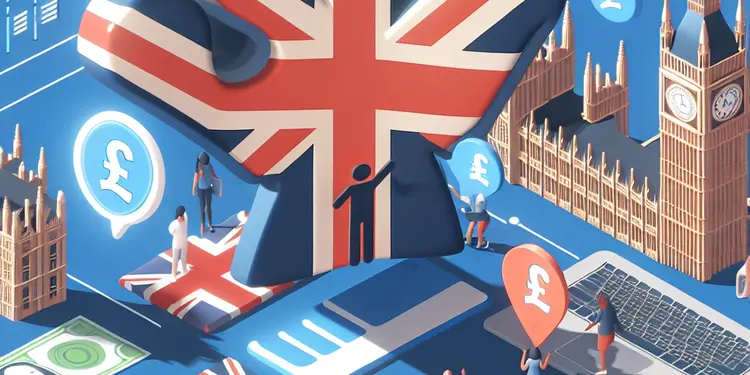
What are peer support groups for community helpers?
Relevance: 20%
-
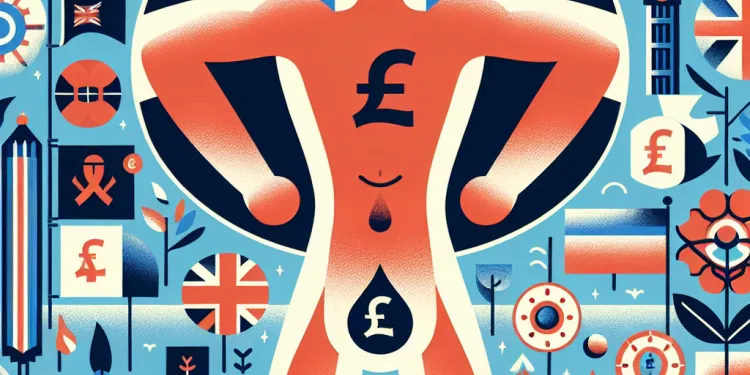
Are there support groups for those affected by testicular cancer?
Relevance: 20%
-

What is the Broader Group in the Warm Home Discount?
Relevance: 20%
Introduction
The UK government often announces budget cuts as part of its efforts to manage public spending and reduce national deficits. These cuts can have widespread impacts across various sectors, affecting everything from healthcare to education. However, there are often groups or sectors that are either partially or wholly exempted from such cuts, owing to their critical nature or unique circumstances. Understanding which groups might be exempt from cuts can provide insights into governmental priorities and policy outcomes.
Healthcare Sector
One of the primary areas that often receives exemptions from budget cuts is the healthcare sector, particularly the National Health Service (NHS). Given the importance of healthcare services and the critical role they play in ensuring public welfare, the NHS frequently receives protection from financial reductions. This is especially true in times of public health crises, such as during the COVID-19 pandemic, where additional funding is often allocated to bolster services rather than cut them.
Education and Research
The education sector, including primary, secondary, and higher education, is another area that might experience some level of exemption from budget cuts. The government typically views investment in education as a way to ensure long-term economic growth and societal well-being. Additionally, funding for research and development, which often includes grants and programs that support critical innovations and technological advancements, may also be shielded from cuts to foster economic competitiveness.
Vulnerable Populations
Certain vulnerable populations may receive exemptions or special considerations when it comes to budget cuts. This can include low-income families, the elderly, and those with disabilities. Programs that provide essential services or financial support to these groups, such as housing benefits, disability allowances, and pension schemes, might be maintained or even enhanced despite wider fiscal constraints. Exemptions in these areas are often influenced by moral and ethical considerations, as well as political pressures.
National Security and Defence
Defence and national security are critical areas that governments prioritize to ensure the safety and sovereignty of the nation. As such, defence spending might remain stable or could even increase despite cuts in other areas. Investment in military personnel, equipment, and technology is often justified by the need to respond to emerging global threats and uphold international commitments.
Conclusion
While budget cuts are a common governmental strategy to control public expenditure, certain groups and sectors often receive exemptions based on their importance to the country's infrastructure, security, and long-term growth. Understanding these exemptions can offer valuable insight into governmental priorities and societal values, highlighting the balance between fiscal responsibility and the provision of essential services. The specific exemptions in any given budget announcement will ultimately depend on current economic conditions, political considerations, and social priorities.
Introduction
The UK government sometimes needs to save money by making budget cuts. This means spending less money in different areas like healthcare and education. But some groups or sectors might not have cuts because they are very important. Knowing which ones these are shows what the government thinks is most important.
Healthcare Sector
The NHS, which takes care of people's health in the UK, usually does not have its budget cut. It is very important for looking after people's health, especially during times when many people are sick, like the COVID-19 pandemic. Instead of cutting money, the NHS might get more funding to help even more.
Education and Research
Schools and universities might also not have budget cuts. The government thinks education helps the country grow and do well in the future. Money for research, which helps create new ideas and technology, is also important. It might stay the same or get more funding to keep the country strong in the world.
Vulnerable Populations
Certain groups need extra help. These groups might not see budget cuts. This includes families with less money, older people, and people with disabilities. Programs that give them support, like money to help pay for houses or special benefits, are important. The government wants to help these people because it is the right thing to do.
National Security and Defence
Keeping the country safe is very important. The government might spend the same or more on defence, even when other areas have cuts. This includes money for soldiers and equipment to make sure the country is safe from threats.
Conclusion
When the government makes budget cuts, they often protect critical areas that are very important for the country. Knowing which areas get exemptions helps us understand what the government cares about most. This balance between saving money and providing services is important for everyone.
Frequently Asked Questions
What are the proposed cuts referring to?
The proposed cuts refer to reductions in funding or resources for certain programs or services.
Are there any groups that are exempt from the proposed cuts?
Yes, there are specific groups that may be exempt, depending on the policy or proposal in question.
Which groups might typically be considered for exemptions from budget cuts?
Typically, groups such as low-income households, the elderly, or people with disabilities may be considered for exemptions.
What factors determine exemption from proposed cuts?
Factors may include socioeconomic status, health conditions, and dependency on services for basic needs.
Who decides which groups are exempt from cuts?
Decisions are usually made by policymakers, government officials, or legislative bodies during budget planning.
Are veterans usually exempt from proposed cuts?
Veterans may be exempt from certain cuts, depending on the focus and intent of the budget proposal.
Can exemptions vary based on region or locality?
Yes, exemptions can vary widely depending on local laws, priorities, and available funding.
Do proposed cuts affect all service areas equally?
Not necessarily. Some areas might see more significant cuts while others may be protected or even expanded.
Are educational programs typically exempt from cuts?
While some educational programs may be protected, others can face significant cuts depending on fiscal priorities.
How can I find out if a specific group is exempt from the proposed cuts?
You can review the official policy documents, budget plans, or announcements from relevant authorities.
Are healthcare services generally exempt from budget cuts?
Healthcare services often receive special consideration, but they are not immune to budget cuts.
What role do public consultations play in determining exemptions?
Public consultations provide feedback from stakeholders which can influence decisions on exemptions.
Are children’s programs often exempt from cuts?
Programs serving children, especially those in vulnerable situations, may receive exemption from cuts, but this can vary.
Are research and development initiatives exempt from budget cuts?
R&D initiatives might face cuts, but strategic projects critical for long-term innovation may be protected.
How do advocacy groups influence exemptions from cuts?
Advocacy groups can lobby for the protection of specific sectors or demographics, potentially influencing exemption decisions.
Do exemptions generally affect the overall scale of budget cuts?
Exemptions can lead to more substantial cuts in non-exempt areas, as the total amount of reduction remains a target.
Are cultural and arts programs typically protected from cuts?
Cultural and arts programs might experience cuts unless they are deemed vital for community engagement and tourism.
What impact do historical precedent and past decisions have on exemptions?
Past decisions can set expectations or justify current exemptions, especially if similar economic conditions persist.
Can exemptions be reevaluated once the budget is implemented?
Yes, exemptions can be revisited during budget reviews or amendments if conditions change.
Are transportation services usually exempt from proposed cuts?
Transportation services may not always be exempt, but key routes and essential services often receive protection.
What do the planned cuts mean?
"Planned cuts" means things that might be stopped or reduced.
Think of it like having a pizza and someone says we need smaller slices.
You could use pictures to help understand words better.
The planned cuts mean there will be less money or resources for some programs or services.
Who does not have to worry about the planned money cuts?
Yes, some groups might not have to follow the rules. It depends on the policy or plan.
Who might not have to face money cuts?
Some groups of people might not have to deal with money cuts. Here are some examples:
- Older people who need help.
- Children and their schools.
- People who are sick or disabled.
- Charities that help people in need.
If you find reading hard, ask someone for help or use audio books. Reading with pictures can also make it easier to understand.
Sometimes, special groups of people do not have to pay or follow certain rules. These groups can include:
- Families with little money.
- Older people.
- People who have disabilities.
What things decide who does not have to deal with suggested cuts?
Things that can affect people are how much money they have, if they have any health problems, and if they need help to get things like food or a place to live.
Who picks which groups do not have to make cuts?
People like government leaders or groups who plan money budgets, are the ones who make decisions.
Do veterans usually get to keep their benefits when there are cutbacks?
Veterans might not have to worry about some cuts if the budget plan wants to protect them.
Do rules change based on where you live?
Yes, rules about exemptions can be different in each area. It depends on local laws, what's important there, and how much money they have.
Will all services be cut the same amount?
No, not always. Some places might lose things, but other places might keep what they have or get more.
Do schools and learning programs usually lose money?
Some school programs are safe. But others might lose money because of budget choices.
How do I know if a group doesn't have to follow the new cuts?
You can look at important papers, money plans, or news from the people in charge.
Do healthcare services usually not get their budgets cut?
Healthcare services are very important, but they can still lose money if there are budget cuts.
How do public consultations help decide on exemptions?
Public consultations ask people what they think about exemptions.
Exemptions are special rules that allow something different to happen.
When people share their thoughts, it helps to make fair decisions.
Talking to others and using pictures can help you understand better.
Public consultations are meetings where people can share their thoughts. These thoughts can help change the rules about exemptions.
Do children’s programs often not have money taken away?
Programs that help children, especially those who need extra support, might not have to deal with budget cuts. But this can change depending on the situation.
Do we still pay for research and development when we need to save money?
Sometimes, less money is given to research and development projects. But important projects for future new ideas might still get the money they need.
How do groups help stop cuts?
Advocacy groups are people or organizations that help others. They can ask government leaders to protect certain groups of people or types of jobs. This can help the government make decisions on who gets special help.
Do exceptions change how much the budget is cut?
If some areas get special treatment, other areas might lose more because the total amount we need to save stays the same.
Do people usually keep money for culture and arts programs safe from cuts?
Money for culture and arts programs might get cut. But if these programs help people come together or bring in tourists, they might be kept.
How do past decisions and history change rules about exceptions?
What happened before can help us know what to expect now. It can also explain why some rules are different for some people, especially if money problems are the same as before.
Can we look at exemptions again after the budget starts?
Yes, they can look at exemptions again during budget checks or changes if things change.
Do transportation services usually avoid cuts?
Transport services are not always free, but important routes and services usually get special help.
Useful Links
This website offers general information and is not a substitute for professional advice.
Always seek guidance from qualified professionals.
If you have any medical concerns or need urgent help, contact a healthcare professional or emergency services immediately.
- Ergsy carfully checks the information in the videos we provide here.
- Videos shown by Youtube after a video has completed, have NOT been reviewed by ERGSY.
- To view, click the arrow in centre of video.
- Most of the videos you find here will have subtitles and/or closed captions available.
- You may need to turn these on, and choose your preferred language.
- Go to the video you'd like to watch.
- If closed captions (CC) are available, settings will be visible on the bottom right of the video player.
- To turn on Captions, click settings .
- To turn off Captions, click settings again.
More Items From Ergsy search
-

Are there any groups exempt from the proposed cuts?
Relevance: 100%
-

Proposed Welfare Cuts and Their Impact on Vulnerable Populations
Relevance: 61%
-

What is the main reason for the proposed cuts to housing benefits?
Relevance: 59%
-

What are the proposed Cuts to Housing Benefits Amid Rising Rents?
Relevance: 58%
-

When are the proposed cuts expected to take effect?
Relevance: 57%
-

Who will be most affected by the proposed cuts to housing benefits?
Relevance: 51%
-

How will the proposed cuts impact tenants?
Relevance: 46%
-

Why is there a call for public consultation regarding the cuts?
Relevance: 41%
-

What advocacy efforts are being undertaken to resist the cuts?
Relevance: 39%
-

How can individuals contribute to the discussion on housing benefit cuts?
Relevance: 36%
-

Legal Aid Cuts: Campaigners Warn of Access to Justice Crisis
Relevance: 32%
-

Is there a plan to offer additional support to offset housing benefit cuts?
Relevance: 32%
-

Government Faces Legal Challenge Over Proposed Immigration Bill
Relevance: 30%
-

Is there any legal recourse for those affected by the housing benefit cuts?
Relevance: 30%
-

What properties are exempt from Stamp Duty?
Relevance: 29%
-

Can businesses be exempt from hosepipe bans?
Relevance: 29%
-

Which drinks are exempt from the sugar tax?
Relevance: 29%
-

Can my religion exempt me from jury service?
Relevance: 29%
-

Why is the UK cutting funding to AIDS, Tuberculosis, and Malaria research?
Relevance: 29%
-

Can overpayments occur due to discounts or exemptions?
Relevance: 28%
-

Is there a Stamp Duty exemption for first-time buyers in the UK?
Relevance: 28%
-

Is there any inheritance tax exemption for spouses or civil partners?
Relevance: 28%
-

What are the potential long-term impacts of housing benefit cuts?
Relevance: 27%
-

How will the cuts impact landlords?
Relevance: 27%
-

What is the reason behind proposing a social media ban for under 16s in the UK?
Relevance: 27%
-

What can tenants do if they are affected by the cuts?
Relevance: 27%
-

What role do housing associations have amid these cuts?
Relevance: 27%
-

Pension Proposals Spark Debate on Retirement Age and Benefits
Relevance: 27%
-

Did the US propose reforms to the WHO before deciding to leave?
Relevance: 26%
-

What is the relationship between rising rents and housing benefit cuts?
Relevance: 25%
-

How have housing benefit recipients reacted to the proposed changes?
Relevance: 24%
-

Controversy Surrounds New Surveillance Legislation as Privacy Groups Voice Concerns
Relevance: 23%
-

What are potentially exempt transfers (PETs)?
Relevance: 23%
-

What exemptions are commonly associated with wealth taxes?
Relevance: 22%
-

Are there support groups for postnatal depression?
Relevance: 22%
-

Can I learn first aid as a group?
Relevance: 21%
-

Are there any support groups for people with dementia in the UK?
Relevance: 21%
-

What are peer support groups for community helpers?
Relevance: 20%
-

Are there support groups for those affected by testicular cancer?
Relevance: 20%
-

What is the Broader Group in the Warm Home Discount?
Relevance: 20%


